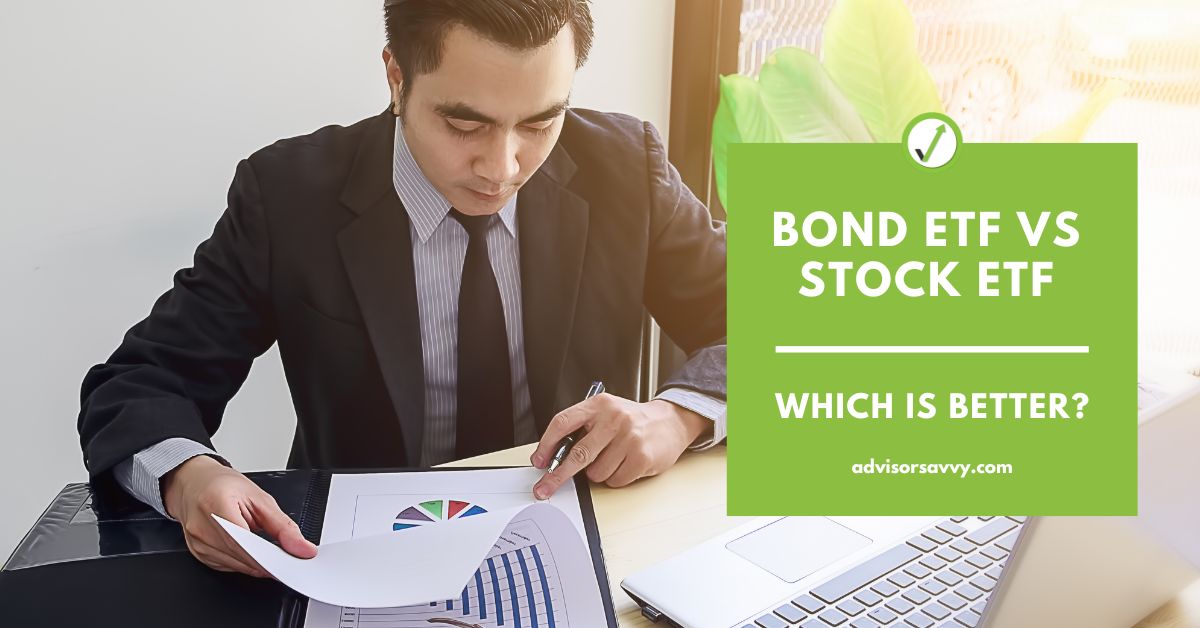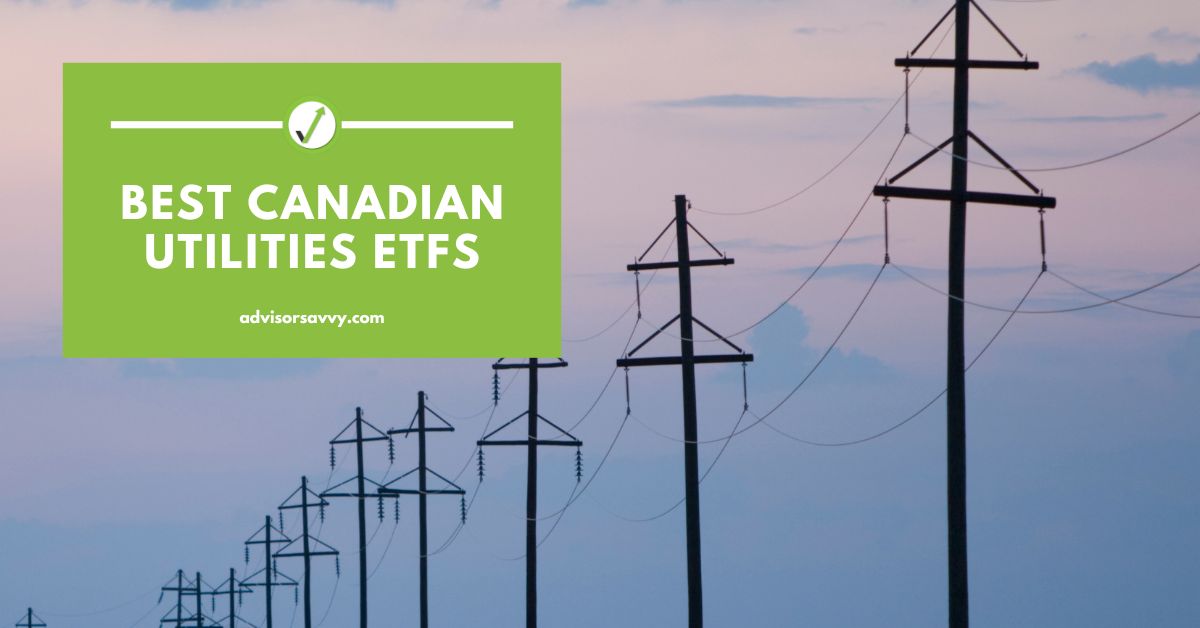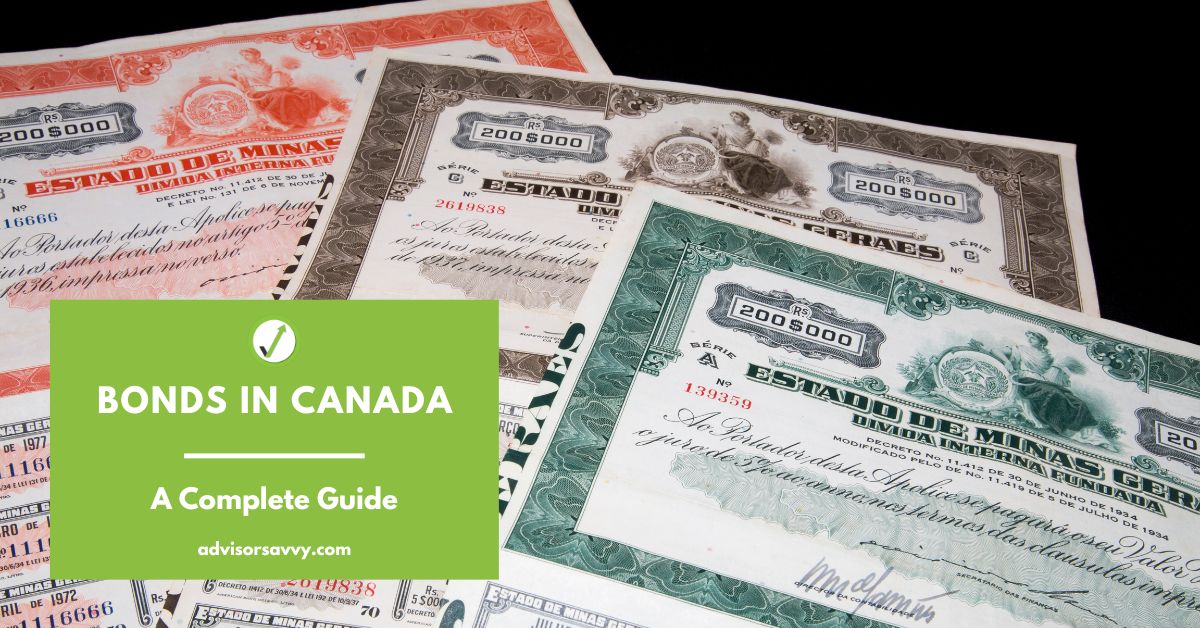How to Set Yourself Up for Financial Success
Have you been wondering how to set yourself up for financial success? Establishing good financial habits can set you up for a comfortable, stable life. However, it can take some time to figure everything out. Like any area you want to improve, you need to plan, implement, review, and re-plan. If you are curious about how to set yourself up for financial success, you are taking the first step. Becoming curious about your finances will allow you to find financial freedom. Continue reading to learn more! What is defined as financial success? Financial success can mean different things to different people. At its core, financial success is being able to have the relationship you want with money. Furthermore, it’s the ability to reach savings goals, spending goals, and investment goals. If you are wondering how to set yourself up for financial success, that is great. The first step is to figure out what financial success means to you. Remember, financial
Continue reading



















